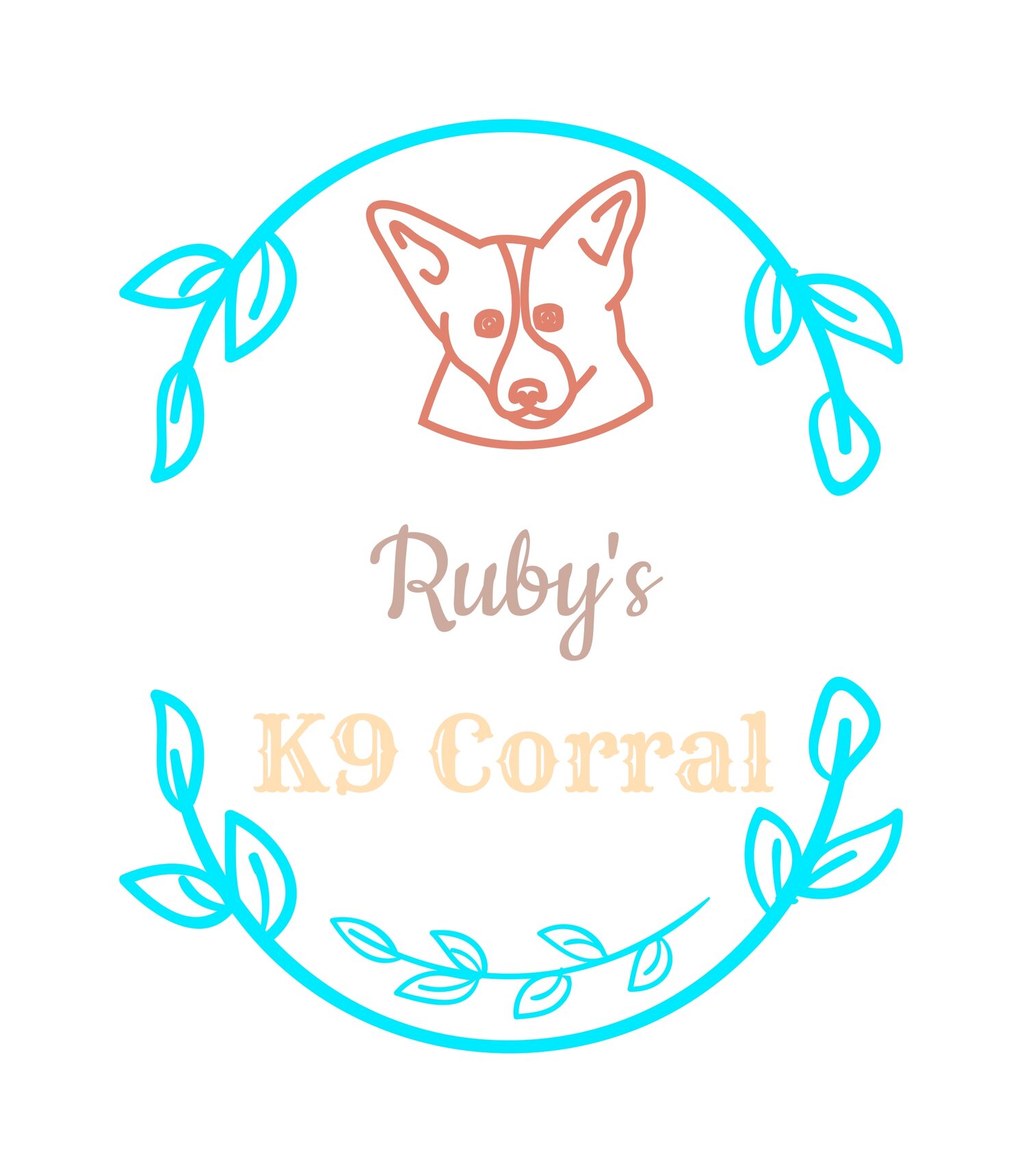Title: Tips for Dealing with Constipation and Diarrhea in Dogs | Ruby's K9 Corral
As pet parents, it's distressing to see our furry companions experiencing digestive issues like constipation or diarrhea. These conditions can be uncomfortable for dogs and worrying for their owners. At Ruby's K9 Corral, we understand the importance of maintaining your pet's digestive health. Here are some effective tips to help manage and alleviate constipation and diarrhea in dogs.
Understanding the Symptoms
Constipation Symptoms:
- Straining or discomfort when attempting to defecate
- Hard, dry stools
- Less frequent bowel movements
- Scooting or dragging rear end
- Abdominal pain or bloating
Diarrhea Symptoms:
- Loose, watery stools
- Increased frequency of bowel movements
- Urgency or accidents in the house
- Lethargy and abdominal discomfort
Tips for Managing Constipation
1. Hydration is Key:
Ensure your dog has constant access to fresh water. Dehydration can contribute to constipation, so keep your pet well-hydrated.
2. Dietary Fiber:
Adding fiber to your dog’s diet can promote regular bowel movements. Consider incorporating pumpkin (plain, unsweetened) or high-fiber dog food into their meals.
3. Exercise:
Regular physical activity helps stimulate intestinal movement. Ensure your dog gets daily exercise appropriate for their breed and age.
4. Healthy Fats:
A teaspoon of olive oil or coconut oil added to your dog’s food can lubricate the intestines and help ease constipation.
5. Veterinary Consultation:
If constipation persists for more than a couple of days, consult your veterinarian. Chronic constipation could signal underlying health issues requiring professional attention.
Tips for Managing Diarrhea
1. Hydration:
Diarrhea can lead to dehydration, so ensure your dog stays hydrated. Offer fresh water regularly, and consider an electrolyte solution for pets.
2. Bland Diet:
Temporarily switch to a bland diet of boiled chicken and rice or a veterinarian-recommended gastrointestinal diet. This can help soothe their stomach and firm up stools.
3. Probiotics:
Probiotics support healthy gut flora. Ask your veterinarian about probiotic supplements that can help restore balance in your dog’s digestive system.
4. Small, Frequent Meals:
Instead of large meals, feed your dog small, frequent meals to avoid overwhelming their digestive system.
5. Avoid Human Food:
Avoid giving your dog human food, as certain ingredients can worsen diarrhea. Stick to their prescribed diet until their digestive health improves.
6. Monitor and Consult:
Keep an eye on your dog’s condition. If diarrhea persists for more than 24 hours, contains blood, or is accompanied by vomiting or lethargy, seek veterinary advice immediately.
Preventing Digestive Issues
- Balanced Diet:
Feed a balanced diet formulated for your dog’s age, size, and health needs to promote overall digestive health.
- Regular Veterinary Check-ups:
Routine health check-ups can catch potential issues early and keep your dog in optimal health.
- Avoid Sudden Dietary Changes:
Gradually introduce new foods over a week to prevent gastrointestinal upset.
Digestive health is a critical aspect of your dog’s overall well-being. By following these tips, you can help manage and prevent constipation and diarrhea, ensuring your furry friend stays happy and healthy. If you have any concerns about your dog's digestive health, don't hesitate to contact your veterinarian.
At Ruby's K9 Corral, we're always here to support you and your pet. Visit us for more tips on pet care and to learn about our comprehensive pet services.
Stay happy, stay healthy!
- Ruby's K9 Corral Team
